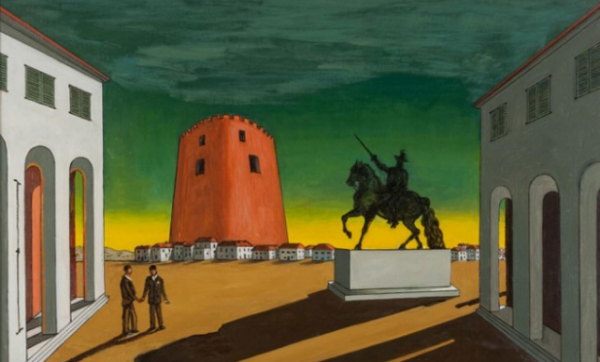Rather than a simple black comedy, Harold and Maude is arguably one of the best satires to come out of the New Hollywood genre. Ashby’s direction, Colin Higgins’s narrative, and Bud Cort and Ruth Gordon’s acting “weave a gentle spell,” as film critic Matt Zoller Seitz put it, by providing the audience with “a romance, a tragedy, a satire, a paean to eccentricity, a philosophical statement, and a ‘trip’ film whose music montages seem to roll in like waves.” It is in that spirit that Harold and Maude deserves to be revisited, not just as a quirky, low-budget Hollywood offshoot, but as a serious work of cinema.
Read moreExplaining the Seventies Malaise through “F Is for Family”
F Is for Family follows the Murpheys, a fictional working-class suburban family based loosely off the life of comedian Bill Burr. While the setting and the characters on the show are fictional, they represent actual historical moments, distinguishing the show as unique for its kind by depicting the tangible struggles and sensibilities of the 1970s. Since the Seventies have often been remembered as an uneventful decade, TV shows such as F Is for Family helps to correct the historical memory of this tumultuous decade through the accessible medium of popular culture.
Read moreAmerican Political Polarization, 50 Years in the Making
America’s current state of political polarization can be traced back to the 1970s and 1980s when these cultural differences were just getting formed. Historians tend to avoid taking lessons from history, but if one considers the larger patterns of cultural divisions in the United States, looking back at this earlier era may offer some clues. One fact is certain: historians and political scientists can no longer rely on the standard party line model to explain the country’s split.
Read more“All the Hippies Are Executives Now, and Everybody’s Sold Out”: Late Boomer and Early Gen X Cinema in the 1970s and 1980s
The small window of films from the late 1970s and early 1980s gives a glimpse into the social and cultural milieu of changing times: a short moment when the cinema reflected the generation gap between the Boomers and Gen Xers.
Read more